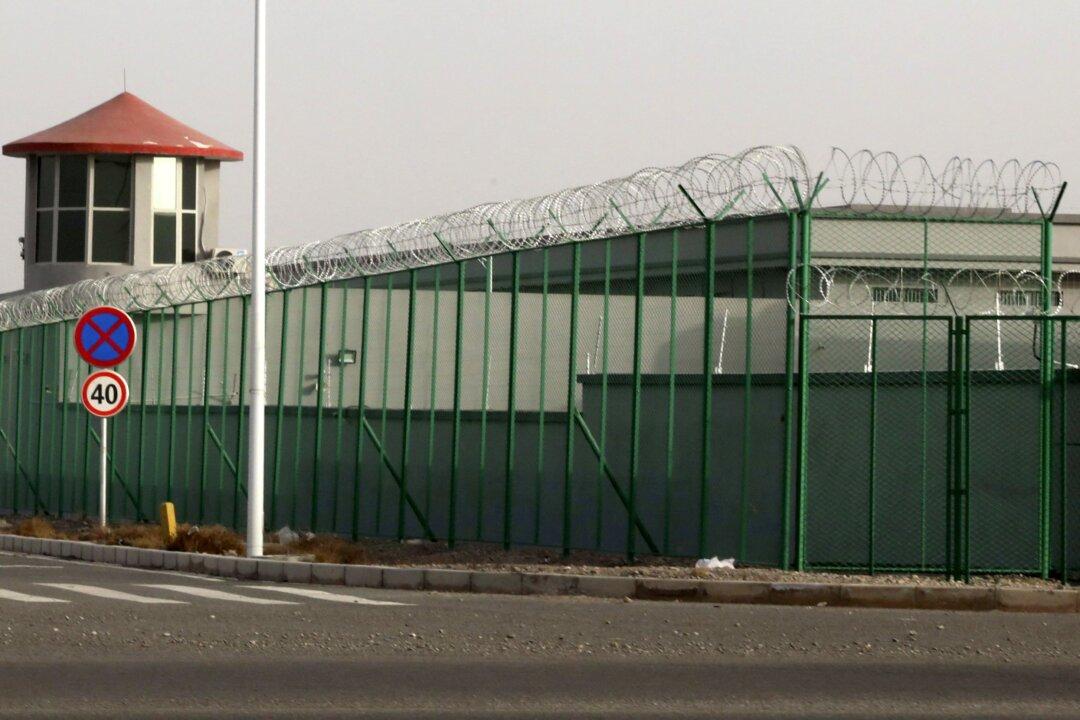Commentary
The mistreatment of Uyghurs and other Muslims in Xinjiang, China, can best be understood by focusing on a single victim.


The mistreatment of Uyghurs and other Muslims in Xinjiang, China, can best be understood by focusing on a single victim.